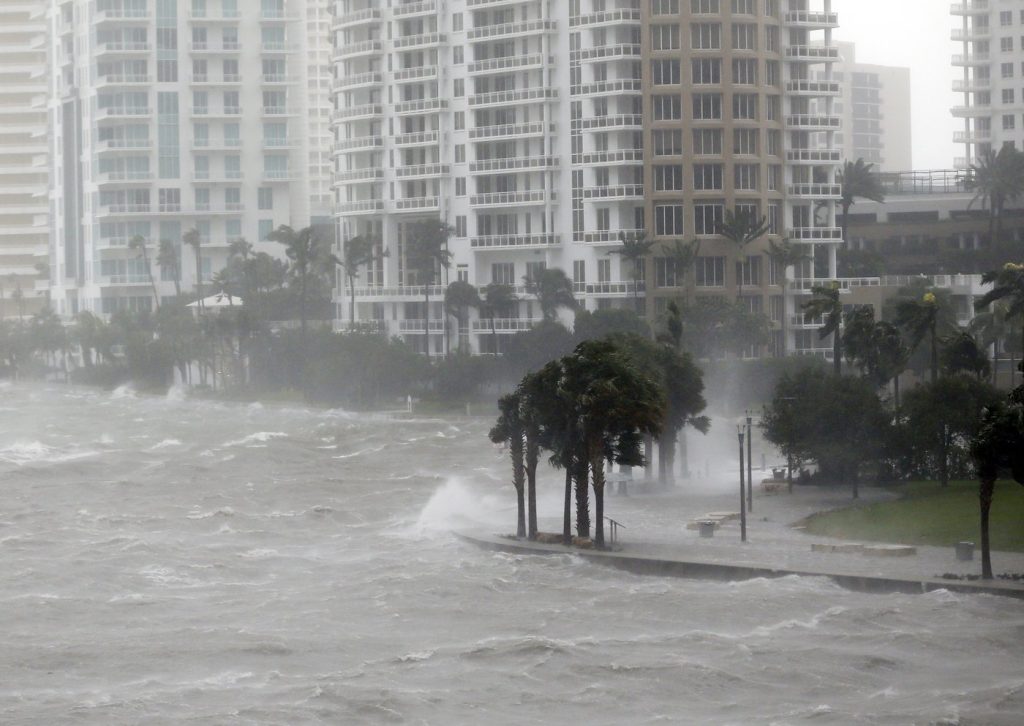HOUSTON (AP) – The approach of hurricane season brings anxiety for millions of Americans residing in coastal areas, where fierce winds and torrential rain can lead to extensive destruction, prolonged power outages, and significant disruptions to daily life. This year's Atlantic hurricane season is anticipated to be particularly active, with forecasts predicting between six to ten hurricanes, with as many as five potentially reaching major hurricane strength.
Emergency management officials emphasize that the stress associated with hurricane season can be mitigated through comprehensive planning. Individuals and families are urged to prepare not only their homes but also to make crucial decisions regarding whether to shelter in place or evacuate. Preparedness measures should begin well in advance of any approaching storms.
Brian Mason, director of Houston's Office of Emergency Management, strongly advises against complacency, advocating for proactive measures that can significantly impact the safety of families in the face of natural disasters. He urges residents to take precautions that can safeguard both their lives and property.
In preparing a home for a storm, experts recommend securing or storing any unsecured items in the backyard, such as patio furniture and barbecues, to prevent them from becoming dangerous projectiles during a storm. Shawn Schulze, regional CEO for the American Red Cross Texas Gulf Coast Region, suggests boarding up windows and ensuring critical documents like passports and birth certificates are stored in waterproof containers, which will help preserve their condition and allow for quick access during an evacuation.
Prior to the onset of hurricane season, Mason advises homeowners to conduct roof inspections and familiarize themselves with utility shut-off procedures. Mistie Hinote, spokeswoman for the Texas Department of Insurance, adds that homeowners should prune or remove any dead branches that could pose a danger during high winds and recommends reviewing insurance coverage while creating a home inventory, which might be useful in filing claims after damage occurs.
Every family should assemble an emergency kit containing essential supplies. For those who choose to stay during a storm, it is recommended to have at least one gallon of water per person per day for a week, and a viable strategy for this is to fill a bathtub with water before the storm hits. Other necessities include nonperishable food supplies for at least seven days, flashlights, batteries, backup power sources, medications, and a battery-operated radio. Pet owners must also make necessary preparations for their animals, securing food, water, and medications as needed.
Furthermore, families should prepare entertainment options for children to help them cope with potential power outages, as Mason points out that boredom can create additional challenges during an already stressful time.
If evacuation is deemed necessary, officials recommend that individuals have an alternate emergency kit ready for the journey. Understanding evacuation routes in advance, along with planning backup routes to avoid traffic congestion, is critical. During threatening weather, it is also advised to fuel vehicles ahead of time, and for those with electric vehicles, to map out charging station locations along their routes.
As the storm approaches, it is natural for anxiety to arise. However, having a solid plan in place and communicating preparedness with family and friends can significantly ease fears. Schulze advises preparing for the worst-case scenario to ensure readiness for whatever challenges may arise.











